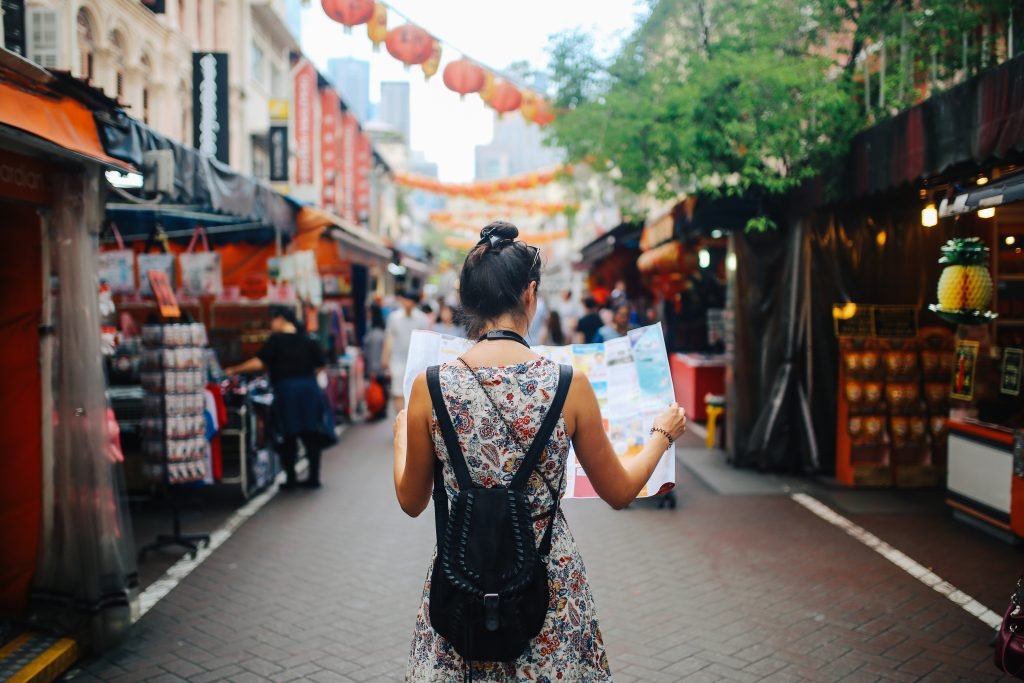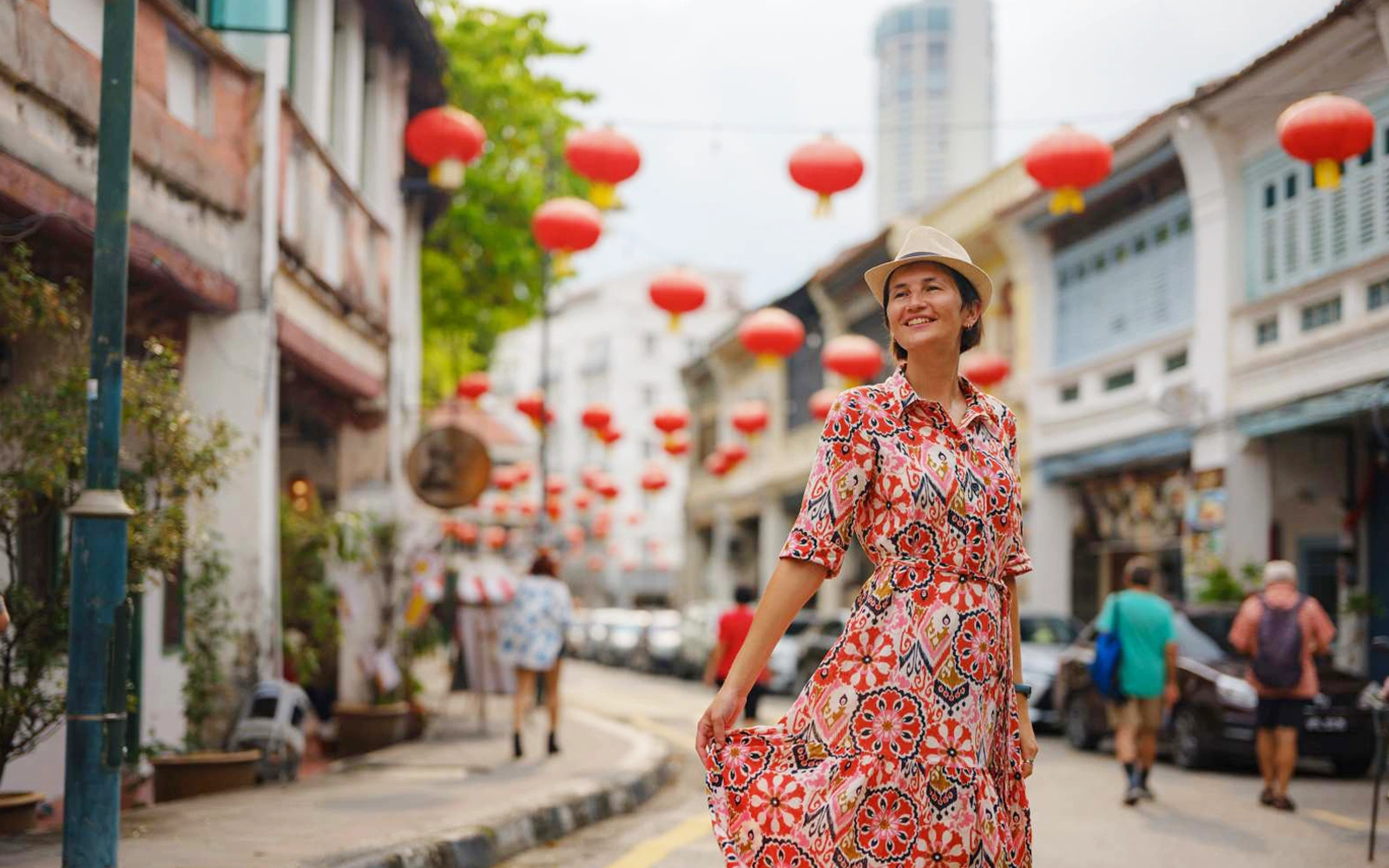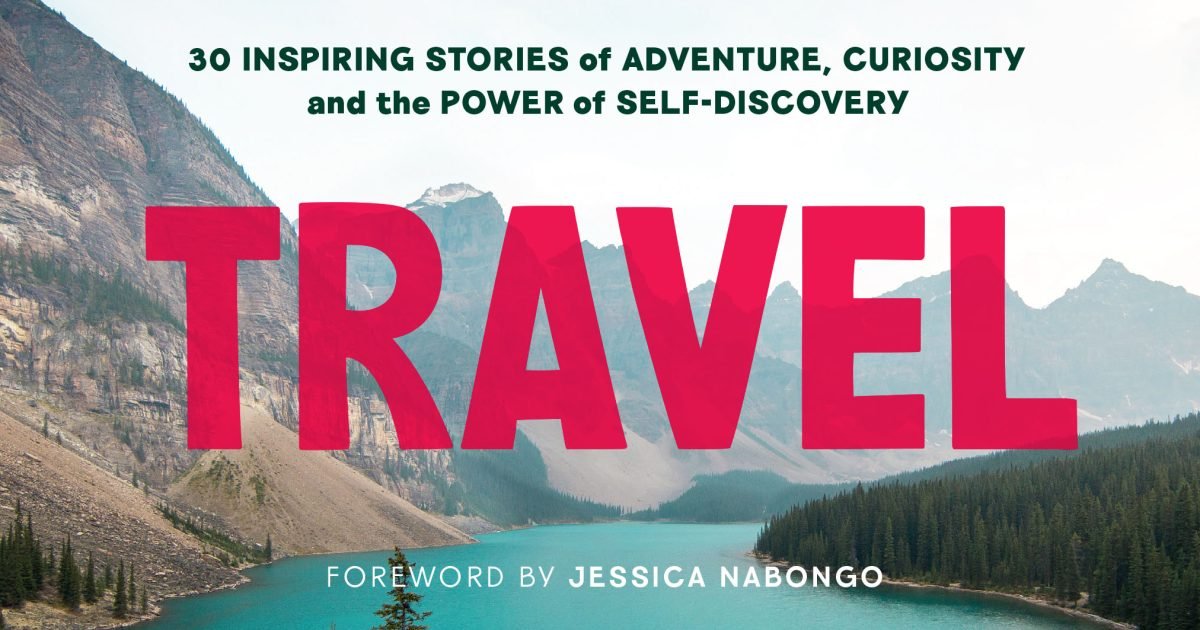Lonely Planet’s Women Travel Solo features a compelling and motivating collection of 30 exceptionally individual stories from women who have ventured across the globe on their own terms. Photo: Supplied.
A growing trend is noticeable in the increasing popularity of solo women travellers, with a significant number of them planning or already undertaking solo trips. Women travel solo for various reasons, including seeking independence, personal growth and unique experiences. Some are motivated by life events.
Lonely Planet’s Women Travel Solo is a timely release, with a recent study finding that search volume for the term ”female solo travel” across all search engines has increased by 62 per cent in the past three years (Brittany Ferries). Remarkably, 84 per cent of solo travellers today are women, a statistic that reflects an empowering trend towards autonomy and introspection.
Be inspired by women who highlighted the transformative power of a solo journey of self-exploration. The title Women Travel Solo: 30 Inspiring Stories of Adventure, Curiosity and the Power of Self-Discovery speaks volumes. The 30 inspiring stories of adventure, curiosity and the power of self-fulfillment are awe-inspiring!
Included among the women sharing their motivating stories of exploration and self-realisation is Jessica Nabongo, the first black woman on record to visit all 195 countries in the world.
In the foreword, Nabongo discusses her extensive solo travels and the confidence it has built for her.
“I have visited every country in the world: all 193 United Nations members and the two non-member observer states,” she says.
“I’ve also been to Antarctica and all 50 US states. The best part? I have done most of it solo! I have travelled to 100-plus countries and explored more than half of the US on my own.”
Many people try to convince her not to travel alone. Her response? “While I do not often purposely travel solo, my bucket list is too long to wait for anyone.”
These powerful and heartening stories from women who have ventured across the globe at their own discretion are set to redefine solo travel and highlight resilience, courage and the game-changing potential of going it alone.
This hardback brings together the voices of women from diverse backgrounds with multiple interests, each sharing their single experiences: from seeing France with a baby in a bike trailer to adventuring while pregnant in Morocco, hopping aboard a container ship in Athens or staying sober in Ireland.
The collection of stories delves into moments of vulnerability and triumph that women have felt while travelling solo, from Stephanie Yeboah learning self-love in Aruba after suffering from an eating disorder to Barbara Woolsey finding a passion and career in DJing on the streets of Bangkok, Thailand.
The narratives cover varied experiences such as:
- Rebecca Hall’s 27-day solo journey on a container ship from Athens to Hong Kong.
- Piera Chen’s six weeks exploring Sichuan and Chongqing, China, as a solo mum.
- Lorna Parkes’s book-research trip to Morocco while pregnant.
- Karla Zimmerman’s reflections on learning to travel solo again after her husband’s death, focusing on a “Tour of Sorrow” in her home town, Chicago.
- Jessica Lockhart’s experiences travelling as a queer woman in Siberia and Jordan, and how her identity impacted her connections.
- Kerry Walker’s challenging hike on the Huemul Circuit in Patagonia.
- Lauren Keith’s transatlantic move to Düsseldorf, Germany, as an au pair, and her initial struggles with culture shock and loneliness.
- Sarah Reid’s exploration of Bahrain’s pearling past as a professional travel writer.
Each story examines the distinctive challenges and life-changing moments of solo travel, with authors sharing candid insights into how these journeys changed them.
Revealed are five reasons for women to travel solo, shared by top travellers:
- It’s empowering: Travelling alone is a confidence boost.
- You’re the boss: No guilt, no judgment. Solo travel means you set the agenda – for an action-packed adventure or a relaxing retreat.
- You’re never really alone: Meeting people on tours, in hostels or on public transport is easier than you think.
- Freedom from social expectations: Solo travel is the ultimate ”me time”. It’s not just for singles – mothers, grandmothers and partners also benefit from taking time for themselves.
- A sense of sisterhood: Travelling as a solo woman offers a unique chance to connect with other women and celebrate shared experiences while navigating challenges.
In addition to these inspiring stories, Women Travel Solo provides practical resources for women planning their own solo journeys. From safety tips to advice on eating alone, and 20 things to know before you go, the book equips travellers with the tools they need to take their first step into the unknown confidently.
Women Travel Solo, by Lonely Planet, $35.99

























You must be logged in to post a comment Login